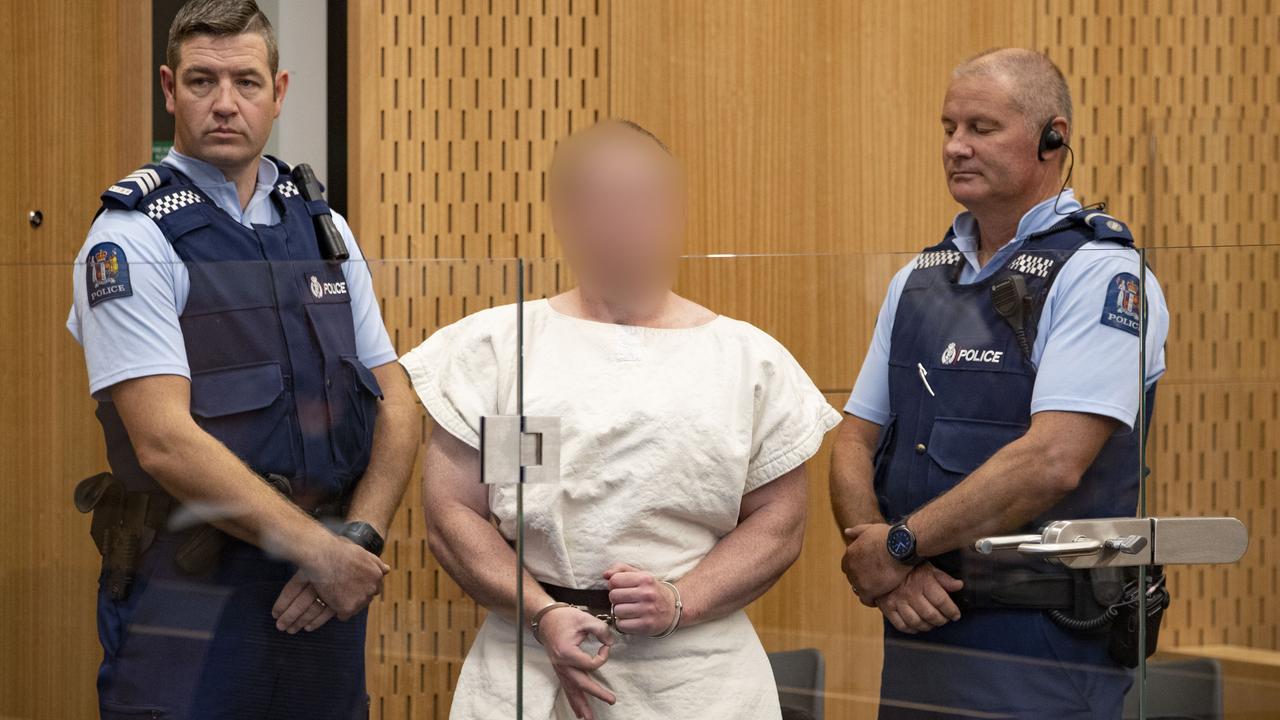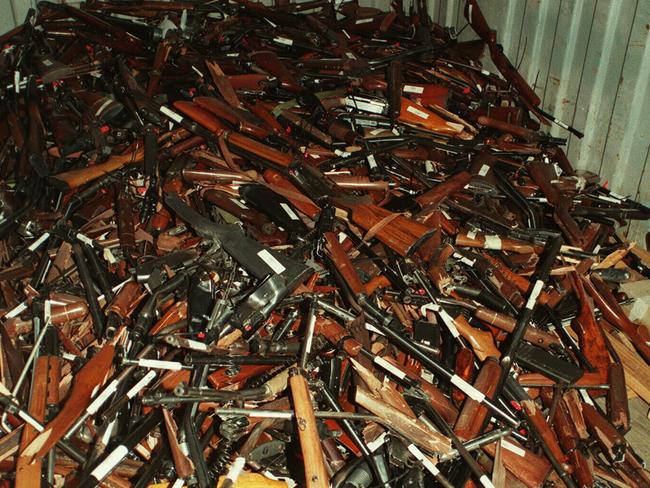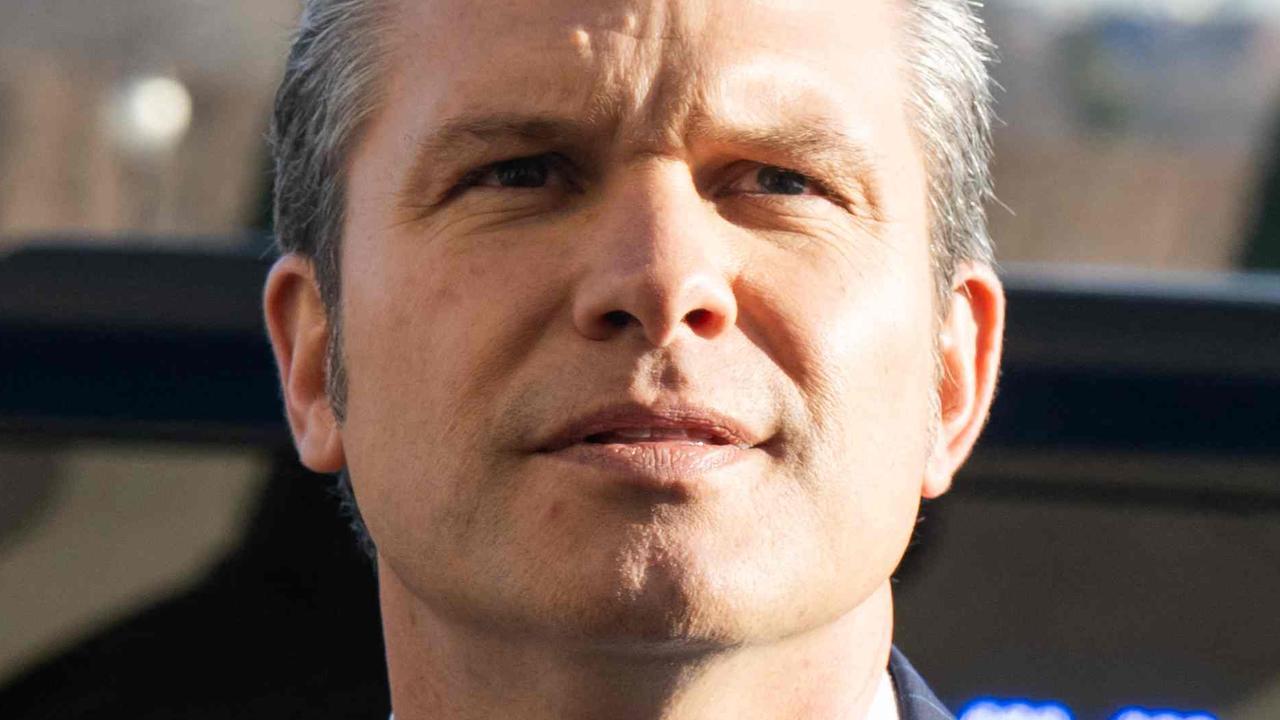New Zealand was repeatedly warned about its gun laws
New Zealand’s politicians were repeatedly warned about the country’s lax gun laws over a period of years — and responded by doing nothing.

New Zealand Prime Minister Jacinda Ardern has promised to change the country’s gun laws in the wake of Friday’s horrific shootings.
Many are asking the obvious question — why haven’t they been changed before?
New Zealanders were warned about the dangerous loopholes in their laws 22 years ago, when retired judge Sir Thomas Thorp delivered his review into gun control.
Thorp recommended banning military-style semiautomatic (MSSA) weapons and creating a buyback scheme, similar to the one Australia’s Howard government implemented in response to the Port Arthur Massacre.
He told the government to limit the magazine capacity of other semiautomatic weapons and pump-action shotguns.
He wanted to tighten the process for granting gun licenses and improve the police force’s vetting of potential firearm owners.
And Thorp advised New Zealand to maintain a registry of gun owners, and force them to renew their licenses every three years.
Few of his recommendations were ever implemented. Repeated attempts to pass tighter gun laws in 1999, 2005, 2012 and 2017 were stymied under pressure from the gun lobby.
Ms Ardern promises this time will be different.

Brenton Tarrant, the Australian man who has been charged with murder over the terrorist attacks on two mosques in Christchurch, legally obtained weapons after he was granted a “category A” gun licence in 2017.
He used five guns on Friday — two semiautomatics rifles, a lever-action firearm and two shotguns.
“The mere fact that this individual had acquired a gun licence and acquired weapons of that range, then obviously I think people will be seeking change, and I’m committing to that,” Ms Ardern said.
“While work is being done as to the chain of events that led to both the holding of this gun licence, and the possession of these weapons, I can tell you one thing right now — our gun laws will change.”
RELATED: New Zealand gunman’s secret shooting spot
She confirmed the gunman had not been on the radar of any intelligence agencies, even though he had published a manifesto online indicating his plan to attack Muslims.
“The individual charged with murder had not come to the attention of the intelligence community, nor the police, for extremism,” she said.

A couple of years ago, New Zealand’s politicians were once again warned about the country’s lax gun control laws.
The NZ Herald reports former assistant police commissioner Nick Perry told MPs at a committee hearing it was too easy for foreigners to enter the country and immediately purchase a gun licence.
“They pay their $25, they get a licence,” Perry said.
“So I could paint a scenario where ISIS, for example, being stymied in Europe are looking for softer targets.
“If they did a little bit of spadework, they’d find out how easy it is to get into New Zealand, how easy it is to get a firearms licence, how easy it is to purchase high-capacity assault rifles.”
Perry also highlighted how dangerously simple it was for anyone to obtain high-capacity magazines online, making their weapons even more deadly.
Like Sir Thomas Thorp, he was largely ignored.

New Zealand’s laws are stricter than, for example, America’s. However they are relaxed by the standards of the developed world, and particularly in comparison to Australia’s.
Anyone over 16 can apply for a New Zealand firearms licence, which is valid for 10 years after they complete a safety course and a police background check.
Most guns do not need to be registered under the Arms Act and as a result, police do not know “how many legally or illegally owned firearms there are in New Zealand”. That quote is from a police statement last year.
In 2014, police guessed there were up to 1.2 million legal firearms in civilian ownership, or around one for every four members of the public — twice the per capita number of guns in Australia.
Separate “endorsements” are required to own semiautomatic weapons like those used in Friday’s attack, as well as pistols and other restricted weapons.
But police and firearms experts have pointed to several loopholes allowing owners to bypass registration of semiautomatics.
— with AAP




